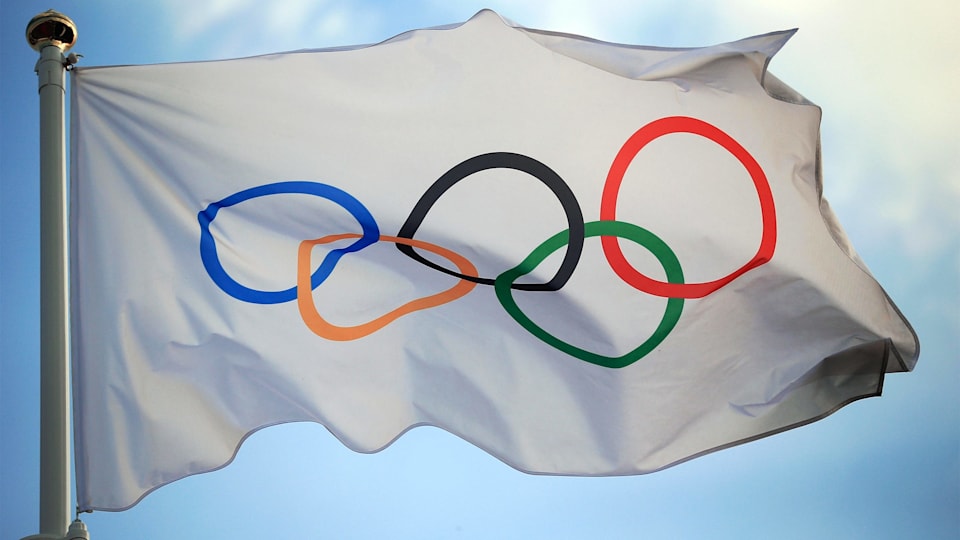Henri de Baillet-Latour: the unknown President

The successor of Frenchman Pierre de Coubertin as the third President of the International Olympic Committee (IOC), Belgium’s Henri de Baillet-Latour, left his mark on the institution’s structure. However, very few works mention his influence, and the general public know little about him. Today would have been his 131st birthday, which gives us the opportunity to look back at his life and his activities within the Olympic Movement.
Shared leadership
Count Baillet-Latour was born on 1 March 1879 in Brussels. In 1903, he was elected as an IOC member. In 1906, he played a part in founding the Belgian Olympic and Interfederal Committee (today's NOC).
In 1919, the city of Antwerp was elected as host city for the Games of the VII Olympiad. As head of the Belgian NOC, Henri de Baillet-Latour had only one year to make the event successful in a Belgium that was still reeling from the effects of the war.
Boosted by this success and by his organisational and diplomatic qualities, he was elected member of the IOC Executive Board the following year, then Belgian NOC President in 1923. In 1925, Baron Pierre de Coubertin resigned, and Count Baillet-Latour was elected IOC President by his peers. He devoted himself to this role conscientiously and with conviction until his death in 1942.
Contrary to Pierre de Coubertin, as soon as he became President, he set up an oligarchic management: he increased the power of the Executive Board, worked with the Board, and made a commitment to consult it before making any important decisions. He went as far as drafting the regulations governing its running, in which he underlined his desire to establish more transparent communication within the IOC and thus to initiate equal management. This structure has remained unchanged since then.
A defender of amateurism and fair play
After the First World War, sport became democratic and, at the same time, it became possible to make a career of sport. The IOC President could not avoid the debate on professional athletes competing at the Olympic Games. He was a defender of amateurism, which he considered as the greatest value of Olympic sport.
Indeed, he thought that amateurism guaranteed equality among athletes: no athlete should be given an advantage through financial support.
He also believed that young people should not prioritise the possibility of earning money through sport and physical development, to the detriment of moral development.
It is important to remember that sport during this era was an elite leisure activity for aristocrats, a circle to which Henri de Baillet-Latour belonged, and which found the idea of earning money through a recreational pursuit to be quite grotesque.
Considering money as the scourge of modern sport, the IOC President advocated indifference to financial gain, and favoured amateurism.
This point of view was strengthened by the notion of fair play being added to the Olympic Charter in 1933. Fair play encourages the practice of sport for its own sake and not for any gain.
A meaningful contribution
Although he was less charismatic than his predecessor, Pierre de Coubertin, Count Henri de Baillet-Latour nonetheless added his stone to the foundations of the international Olympic institution by defending the fundamental values of Olympism, such as amateurism and fair play. He was succeeded by Sweden’s J. Sigfrid Edström, who took the reins of the IOC from 1946 until 1952.
